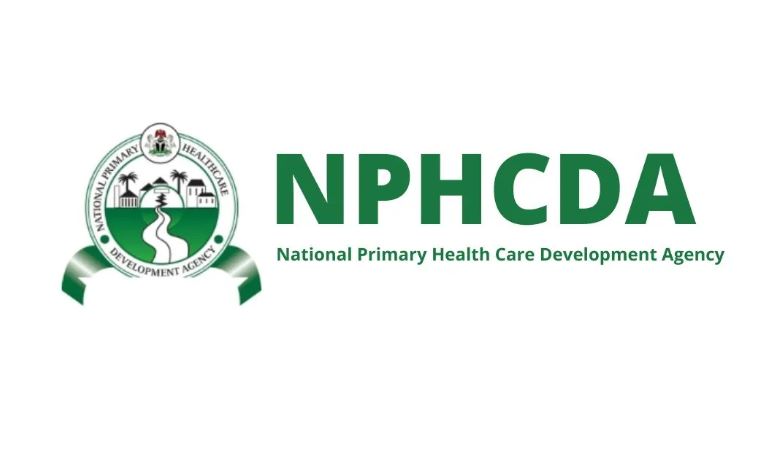By Iyemah David
The National Primary Health Care Development Agency (NPHCDA) said the implementation of a needle-free injection system is projected to save the country 49.51 million dollars over the next five years.
The agency said that can be achieved while addressing gaps in routine immunisation across Nigeria.
Director of Disease Control and Immunisation at the NPHCDA, Dr Rufai Garba disclosed this during the dissemination meeting of the Tropis®️project on Friday in Abuja.
The multi-year study, funded by USAID and launched in September 2022, evaluates the Tropis®️ Intradermal (ID) Needle-Free Injection System (NFIS).
The NFIS is for administering fractional inactivated poliovirus vaccine (fIPV) in Nigeria.
The study, conducted in Kano and Oyo states from October 2022 to July 2024, assessed the effectiveness, cost, and scalability of the Tropis system compared to standard intramuscular (IM) injections.
Dr Garba said that cost savings with the needle-free system ranged from 0.07 to $1.00 per dose, amounting to up to 47 per cent total immunisation cost savings compared to standard methods.
Mr Paul LaBarre, Vice President, Global Business Development, PharmaJet, shared positive results from the study.
LaBarre said that the Tropis system improved coverage, reduced programme costs, and proved scalable for routine immunisations.
He said that caregivers and health workers found the needle-free system acceptable, with 95 per cent preferring it over traditional methods.
“Additionally, the system demonstrated reliability, with zero device malfunctions reported over the six-month study period,” he said.
Coordinating Minister of Health and Social Welfare, Professor Muhammad Ali Pate, expressed optimism about the technology’s global adoption.
Represented by Dr Emmanuel Odu, his Special Adviser, Pate commended the needle-free systems for reducing pain, lowering infection risks, enhancing compliance, and minimising medical waste.
He stressed the potential of needle-free injections to increase immunisation rates among hesitant populations.
Executive Secretary of the Oyo State Primary Health Care (PHC), Dr Babatunde Olatunji described the needle-free vaccination protocol as a significant innovation.
Reflecting on past vaccination methods, Olatunji said that it was an improvement from using bazooka-like guns in the 70s to the current, less invasive methods.
He highlighted the system’s ease of use for unskilled workers and its positive reception in Local Government Areas (LGAs) where it has been piloted.
Ms Sinu Kurian, Director of the Health Population and Nutrition Office at USAID/Nigeria, said that the study represented a major advancement in equitable polio immunisation coverage.
Kurian stressed that the research addressed cost and supply challenges and provided critical evidence for potential national-scale adoption of the Tropis device.
He acknowledged the collaboration with partners like JHPIEGO, PATH, and the Sydani Group, and expressed hope that the findings will guide Nigeria’s immunisation strategies and contribute to global polio eradication efforts.
Tropis is commercially registered worldwide and the jet injector systems are the first and only WHO-prequalified needle-free delivery technology.
According to the survey, 97.6 per cent of vaccinators and 99.6 per cent of caregivers prefer the needle-free system over traditional needle and syringe methods.




